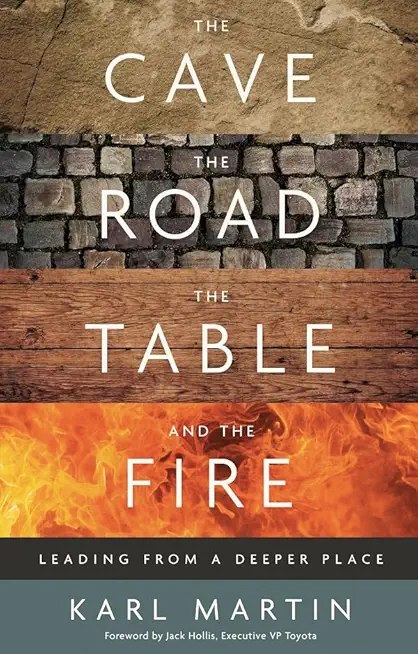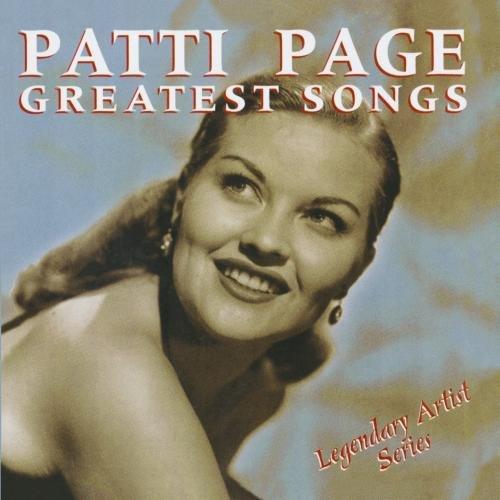1
"A wise and wonderfully enjoyable book. Mark Lilla treats weighty matters with a light touch, in an elegant prose style that crackles with dry wit . . . Invigorating." --John Banville, The Guardian
A dazzling exploration of our wish to remain innocent and ignorant--and its consequences.
Aristotle claimed that "all human beings want to know." Our own experience proves that all human beings also want not to know. Today, centuries after the Enlightenment, mesmerized crowds still follow preposterous prophets, irrational rumors trigger fanatical acts, and magical thinking crowds out common sense and expertise. Why is this? Where does this will to ignorance come from, and how does it continue to shape our lives?
In
Ignorance and Bliss, the acclaimed essayist and historian of ideas Mark Lilla offers an absorbing psychological diagnosis of the human will not to know. With erudition and brio, Lilla ranges from the Book of Genesis and Plato's dialogues to Sufi parables and Sigmund Freud, revealing the paradoxes of hiding truth from ourselves. He also exposes the fantasies this impulse lead us to entertain--the illusion that the ecstasies of prophets, mystics, and holy fools offer access to esoteric truths; the illusion of children's lamb-like innocence; and the nostalgic illusion of recapturing the glories of vanished and allegedly purer civilizations. The result is a highly original meditation that invites readers to consider their own deep-seated impulses and taboos.
We want to know, we want not to know. We accept truth, we resist truth. Back and forth the mind shuttles, playing badminton with itself. But it doesn't feel like a game. It feels as if our lives are at stake. And they are.








